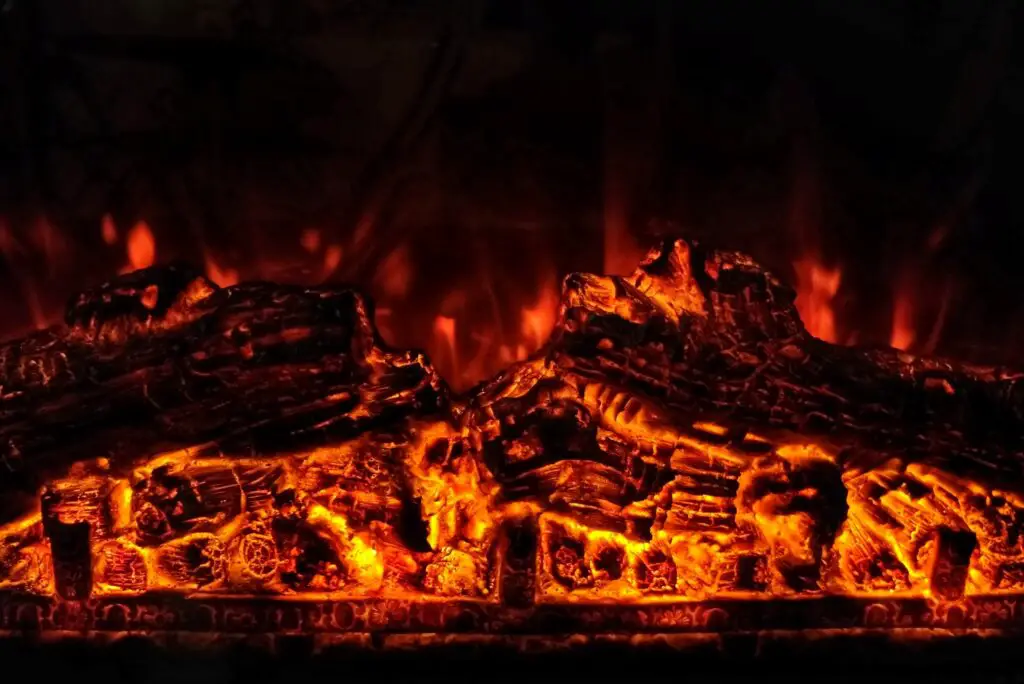Having the right furnace can make all the difference in ensuring you and your family have a comfortable living space. Before choosing a furnace for your home, it’s important to understand the available types. Furnaces are typically defined by the fuel type, whether gas, oil, propane, or electric. Gas furnaces are the most popular choice due to their low operating costs. Propane furnaces are also popular due to their efficiency, while Electric furnaces are best suited for colder climates and often require multiple units to provide enough heat. Knowing how much space needs to be heated is also essential when determining what size and type best fits your needs.
A furnace is the powerhouse of your home’s heating system, triggering all its processes when you set your desired temperature. Even though all furnaces are designed with this same basic purpose in mind, they differ in how they achieve it. You can add efficiency and energy savings into that equation, and you’ll be sure to find your ideal furnace match. For gas duct furnaces, heat transfer is done with a gas burner. The gas burner is under the furnace, and a blower circulates air over the gas burner and through the ducts in your home. The gas burns and heats a metal heat exchanger. The hot air from the heat exchanger is then circulated through your home by the blower.
Here are different types of gas furnaces you can choose from:

Natural Gas Furnaces:
Natural gas furnaces are highly economical and efficient, like the Toyota Corolla of home heating. For example, when it comes to heating up your house, you can depend on natural gas furnaces to warm up a cozy 92 degrees with 98% efficiency, way better than the rumored 65% that was said to come with older models. That said, natural gas is popular in the US; almost 50% of Americans rely on this effective energy source to heat their homes. No wonder natural gas is so heavily used as east coasters, or mid-westerners require much more power behind the chilly fall and winter months than those living in the sunny south.
Oil Furnaces:
Oil furnaces have become a mainstay on the East Coast, illuminating homes with their toasty warmth throughout the colder months. Despite being slightly less efficient than gas furnaces, it’s still an economically sound choice, especially when considering the savings at the time of purchase. Those in New England who are on a budget can take comfort in knowing that oil furnaces may cost up to 25% less for initial setup compared to natural gas ones.
Electric Furnaces:
Electric furnaces provide a great bargain due to their lower up-front costs and ease of installation; they can also last twice as long as comparable gas furnaces. However, while they may seem like a cost-efficient investment, the hidden cost of an electric furnace is your monthly energy bill. Electric heating often comes at an increased price, while the convenience of burning gas means you’ll pay far less over time to keep your home comfortable. You should always weigh both factors in order to find the right balance for your budget and needs.
Propane:
Propane is the unsung hero of energy production, a reliable byproduct of oil and gas production that can be stored with ease and used in more than 10% of American households. While many assume that cleaner, greener energy sources are the only viable option in locations lacking access to conventional gas and oil, propane serves as an affordable and incredibly useful substitute. Its flexibility makes it the perfect choice for many different applications, from running gas grills to providing backup power for appliances during electricity outages. Propane is definitely a great energy solution for those who don’t have immediate access to oil and gas resources.
Maintaining various heating systems entails specific procedures to ensure their efficient and safe operation. Gas furnaces require annual inspections for leaks, wear, and tear, alongside regular filter maintenance and checks on the pilot light and ventilation system. It’s advisable to seek professional servicing for comprehensive maintenance. Oil furnaces also need yearly servicing by professionals, along with routine filter maintenance and inspections of burner components and the flue.
Electric furnaces demand inspections of electrical components, periodic filter cleaning, and checks for ductwork leaks, with occasional professional assessments. Propane systems necessitate regular inspections for leaks and ventilation, with professional maintenance essential for safe and efficient functioning. Adhering to manufacturer recommendations and seeking professional assistance for complex tasks is vital to ensure the longevity and reliability of all heating systems.
Like Us on Facebook!
Hiring an expert such as Action Services Boiler Repair in North West London is crucial for several reasons. Firstly, experts possess in-depth technical knowledge and proficiency in boiler repair, ensuring accurate diagnosis and effective solutions. Their expertise also ensures safety during the repair process, reducing the risk of accidents.
Subscribe Us on YouTube!
Moreover, professionals guarantee quality workmanship, which is vital for the long-term performance and efficiency of your boiler, minimizing the need for recurring repairs. They also prioritize timely resolution of issues, minimizing downtime and inconvenience.
Additionally, experts ensure compliance with industry regulations and safety standards, avoiding legal or safety complications. By hiring a professional, you protect any existing warranties on your boiler, as DIY repairs or unqualified individuals may void these warranties.
Final Words:
Whether it’s to stay warm or keep cool, furnaces are essential in maintaining the right temperature for your home. No matter the season, you can trust any of these fuel sources to help heat or cool your living space. From natural gas and oil furnaces to Electric and propane options, each one offers its own unique advantages.
















